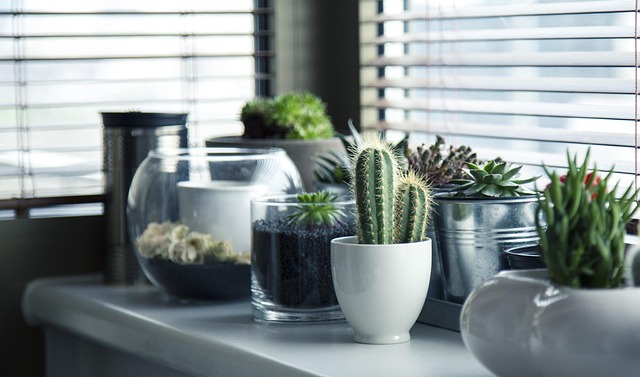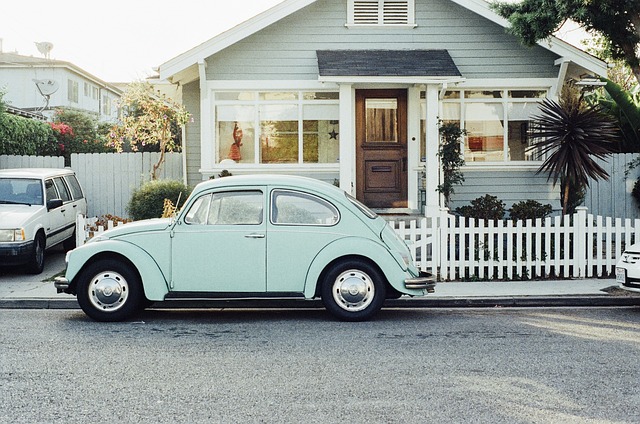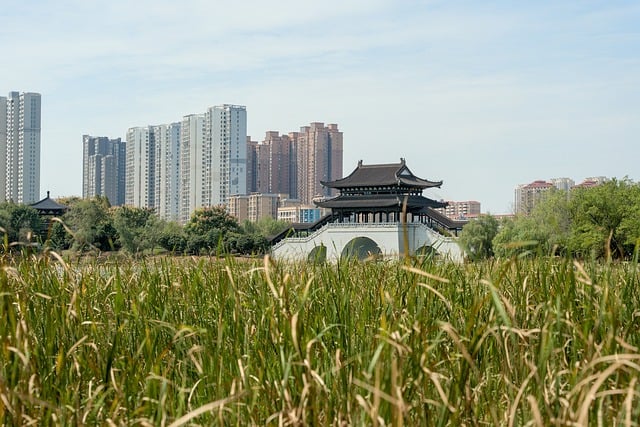Urban gardening is more than just a trend; it’s a movement that connects people with nature and each other, breathing life into concrete jungles. In cities where green spaces are sparse, urban gardening creates pockets of hope and sustainability, transforming neglected lots and balconies into thriving green sanctuaries. By planting flowers, herbs, and vegetables, urban gardeners not only beautify their surroundings but also contribute significantly to the environment.
As pollution levels rise and urban sprawl continues to encroach upon natural habitats, urban gardening serves as a crucial countermeasure. It acts as a mini-ecosystem, purifying the air, reducing noise pollution, and providing habitats for local wildlife. This engagement with nature fosters a deeper understanding of our environment and our place within it. When individuals cultivate plants, they cultivate life, learning the patience and care it takes to nurture living things. This connection to nature is vital, especially in urban environments where it can often feel out of reach.
Moreover, urban gardening fosters community connections that ebb and flow naturally, encouraging collaboration among neighbors. Shared gardens become communal hubs where people gather to dig, plant, and harvest together. Through these activities, relationships blossom alongside the plants, and a sense of belonging flourishes. This community aspect of urban gardening can be incredibly empowering, bringing people together from diverse backgrounds, united by the simple act of nurturing life.
Green initiatives and eco-friendly practices are at the core of urban gardening. By focusing on sustainable methods—like composting, permaculture, and organic gardening—urban gardeners champion a greener future. These practices reduce waste, conserve water, and promote biodiversity, making every yard, roof, or community plot a testament to ecological mindfulness. Even the most urbanized spaces can become epicenters of green innovation, demonstrating that sustainability is achievable anywhere.
In a world burgeoning with urban development, it is easy to forget the importance of nature. Urban gardening serves as a steadfast reminder of our need for green spaces. Each plant that sprouts from the soil symbolizes resilience and hope. As we nurture these gardens, we also nurture our community, our planet, and ourselves. The rewards of urban gardening extend beyond the physical bounty—it’s about creating a culture of care, responsibility, and connection. In the soil of our cities, we plant the seeds for a sustainable tomorrow.




